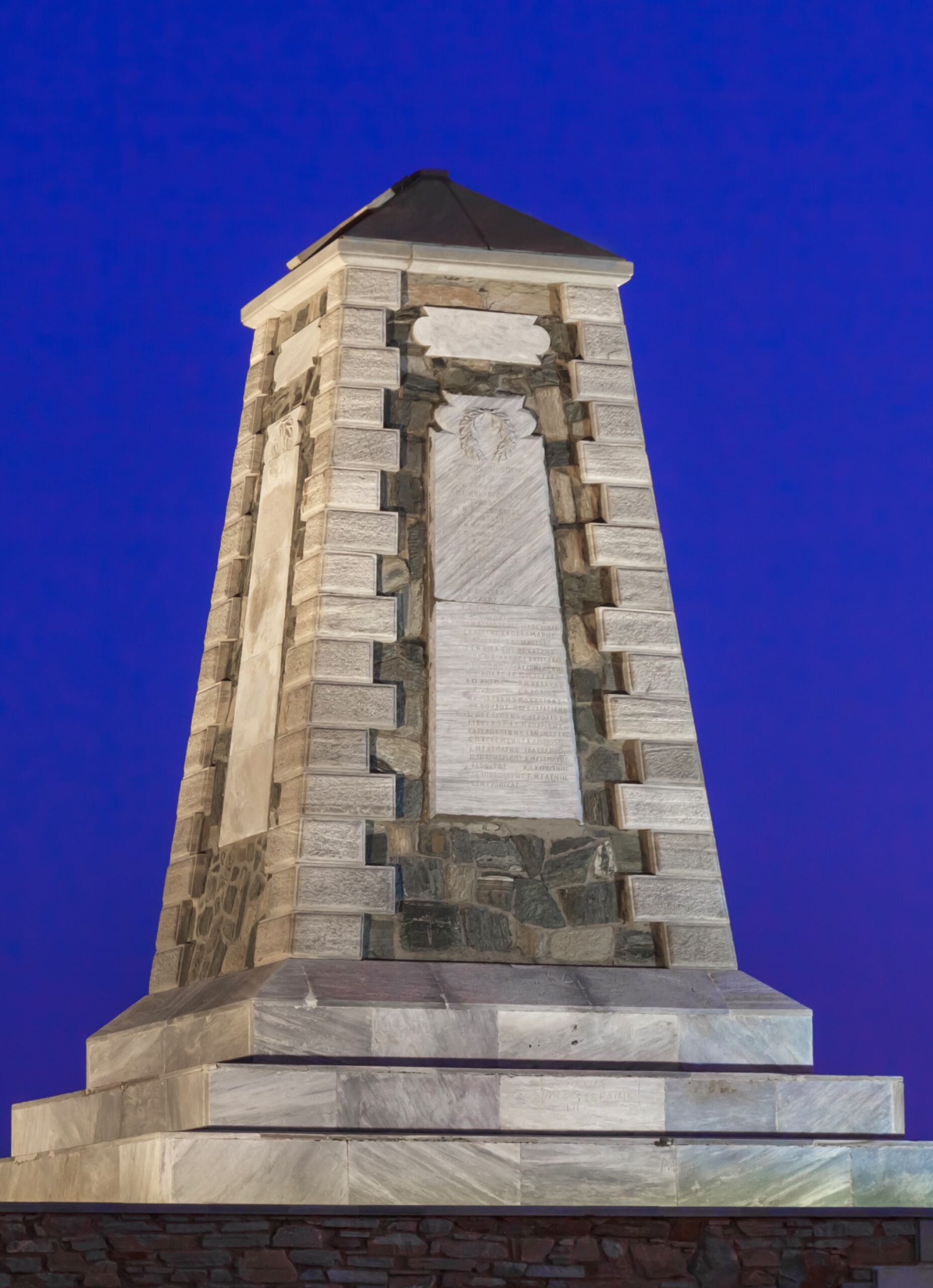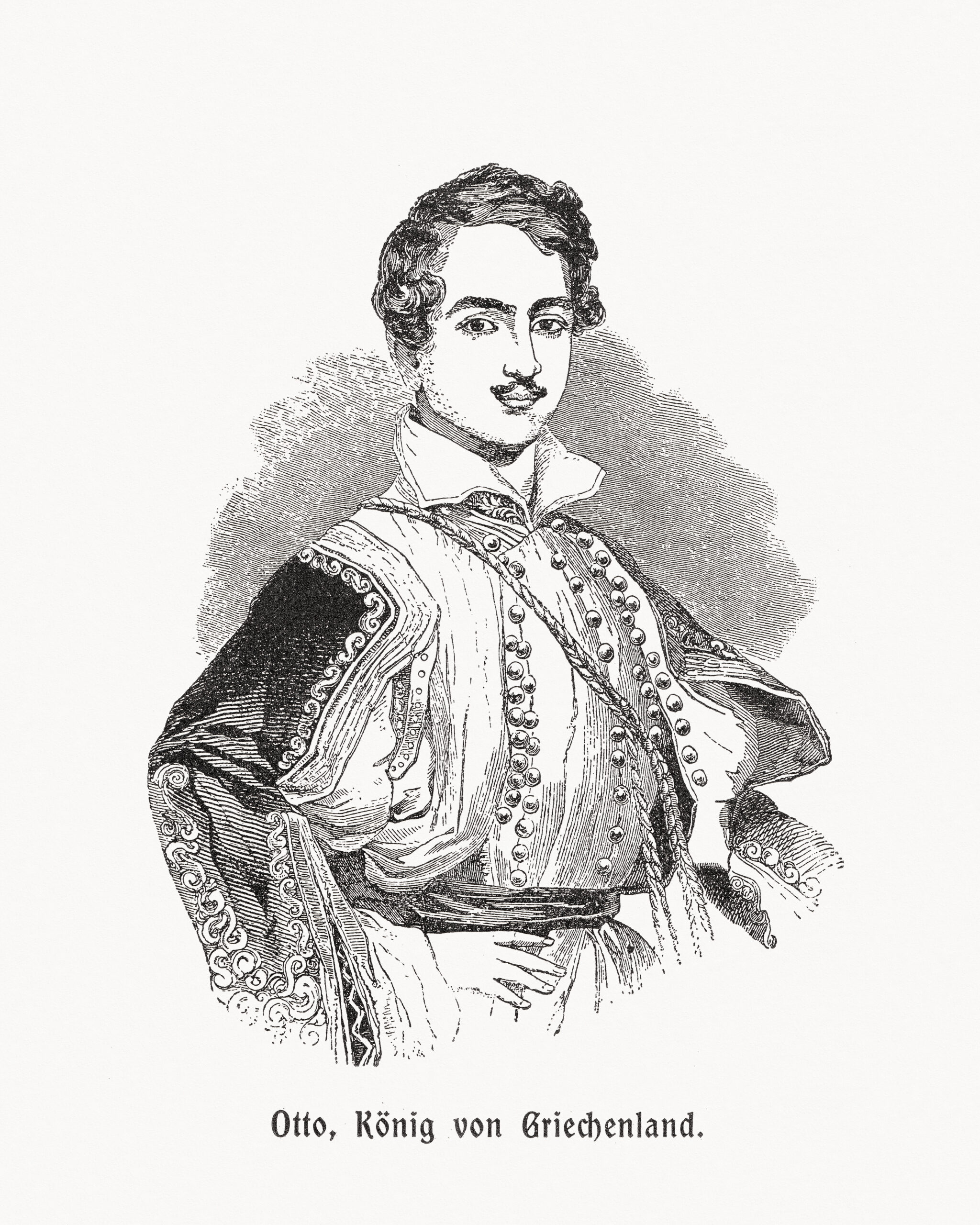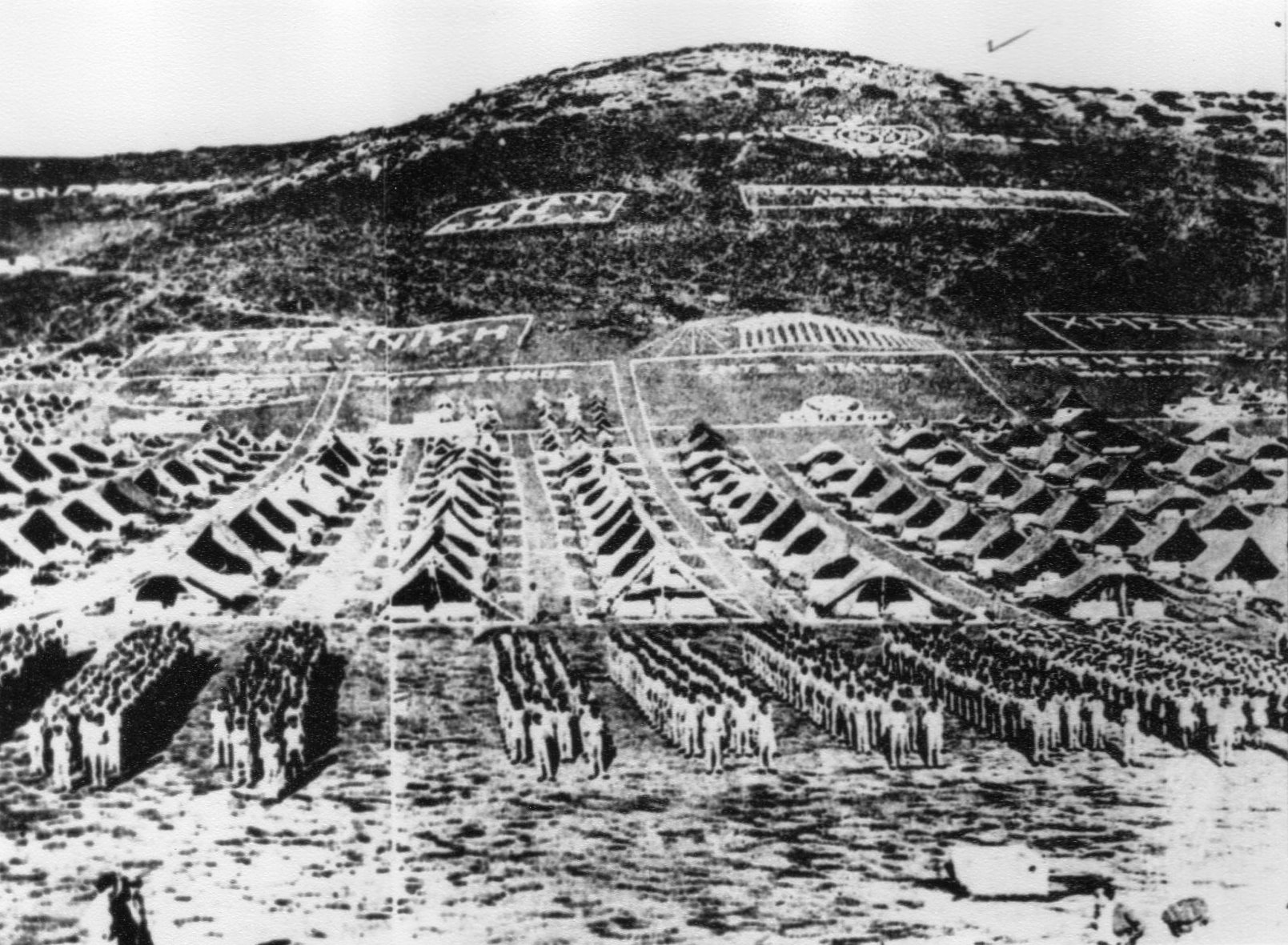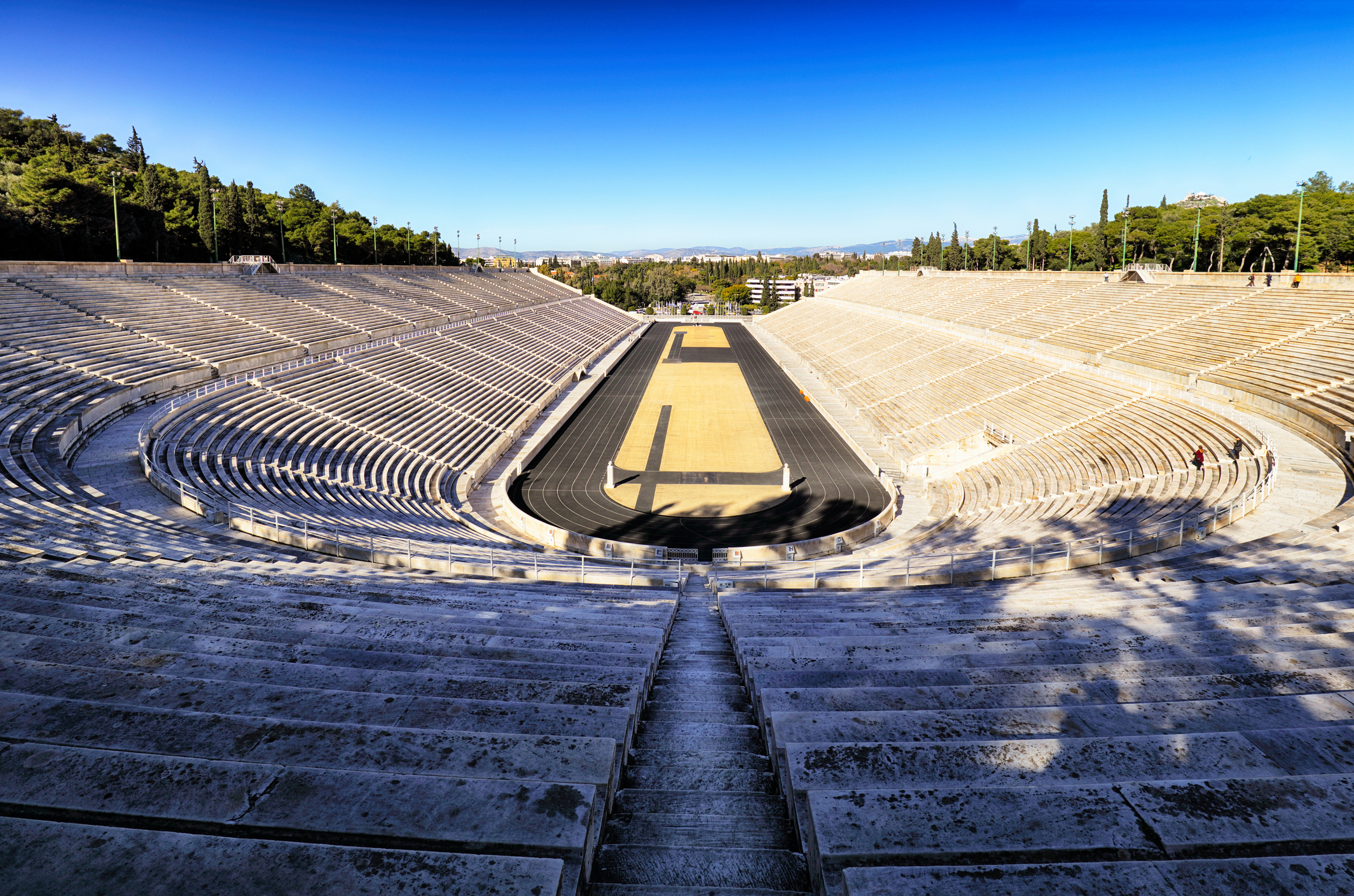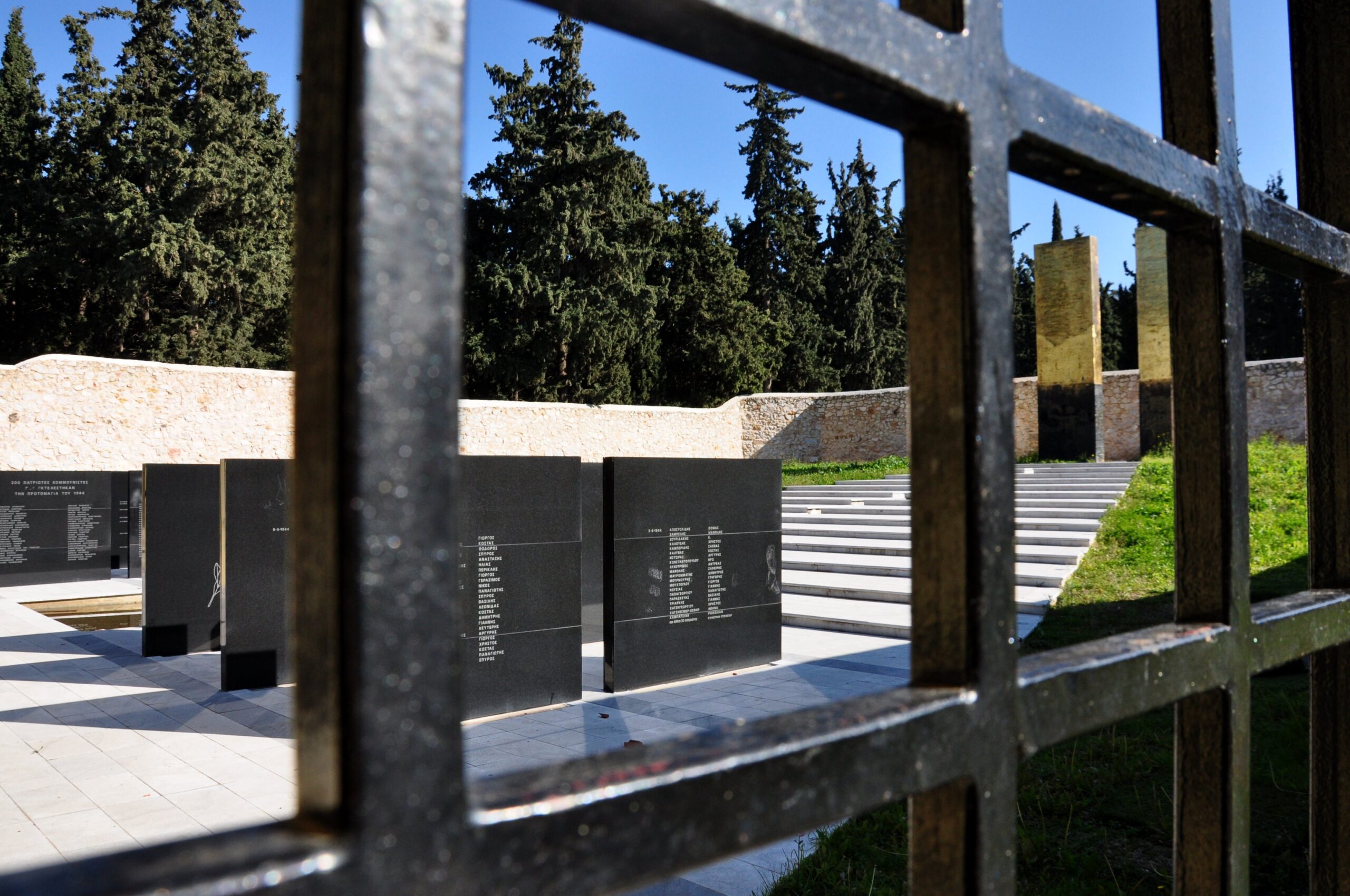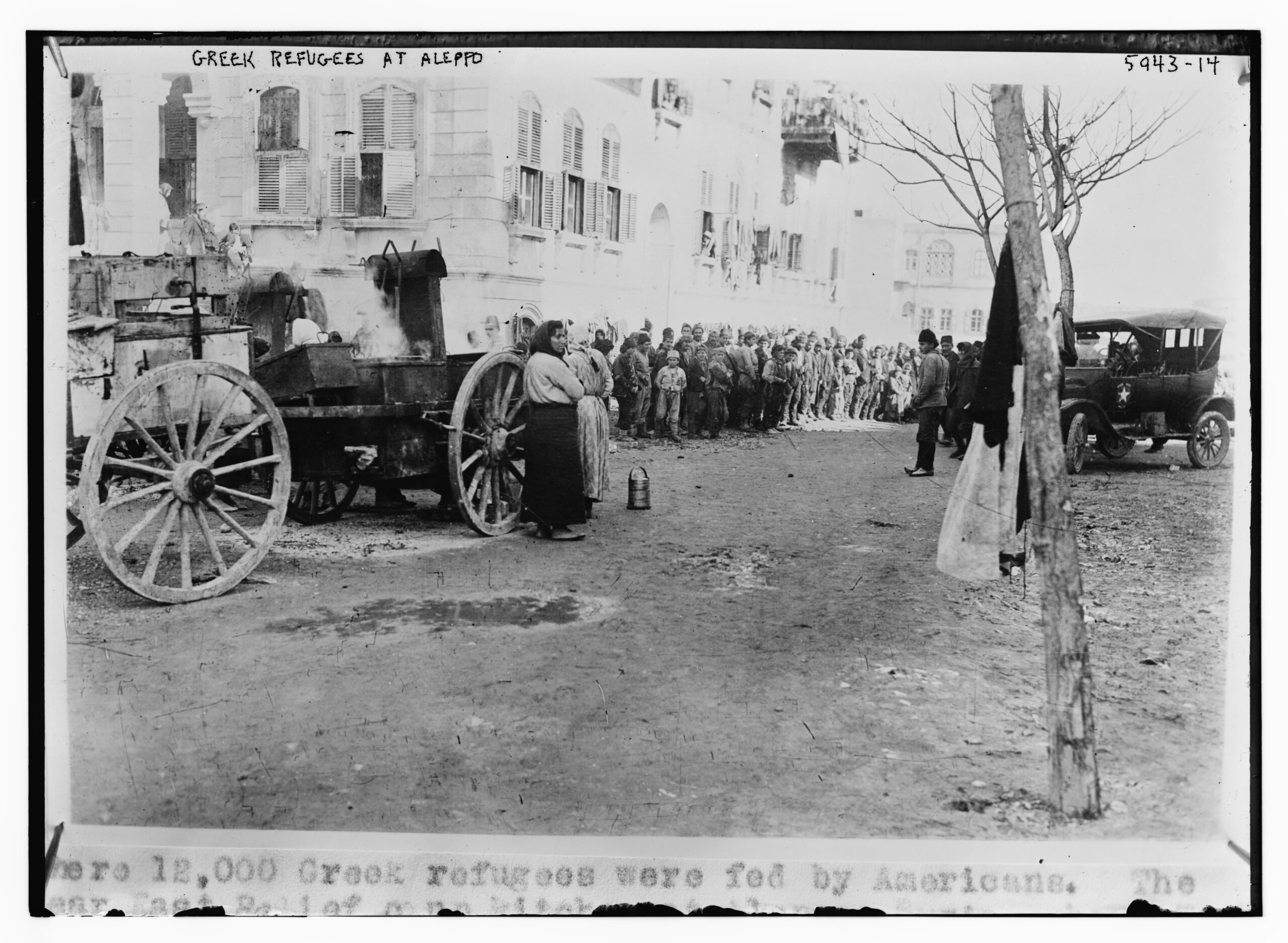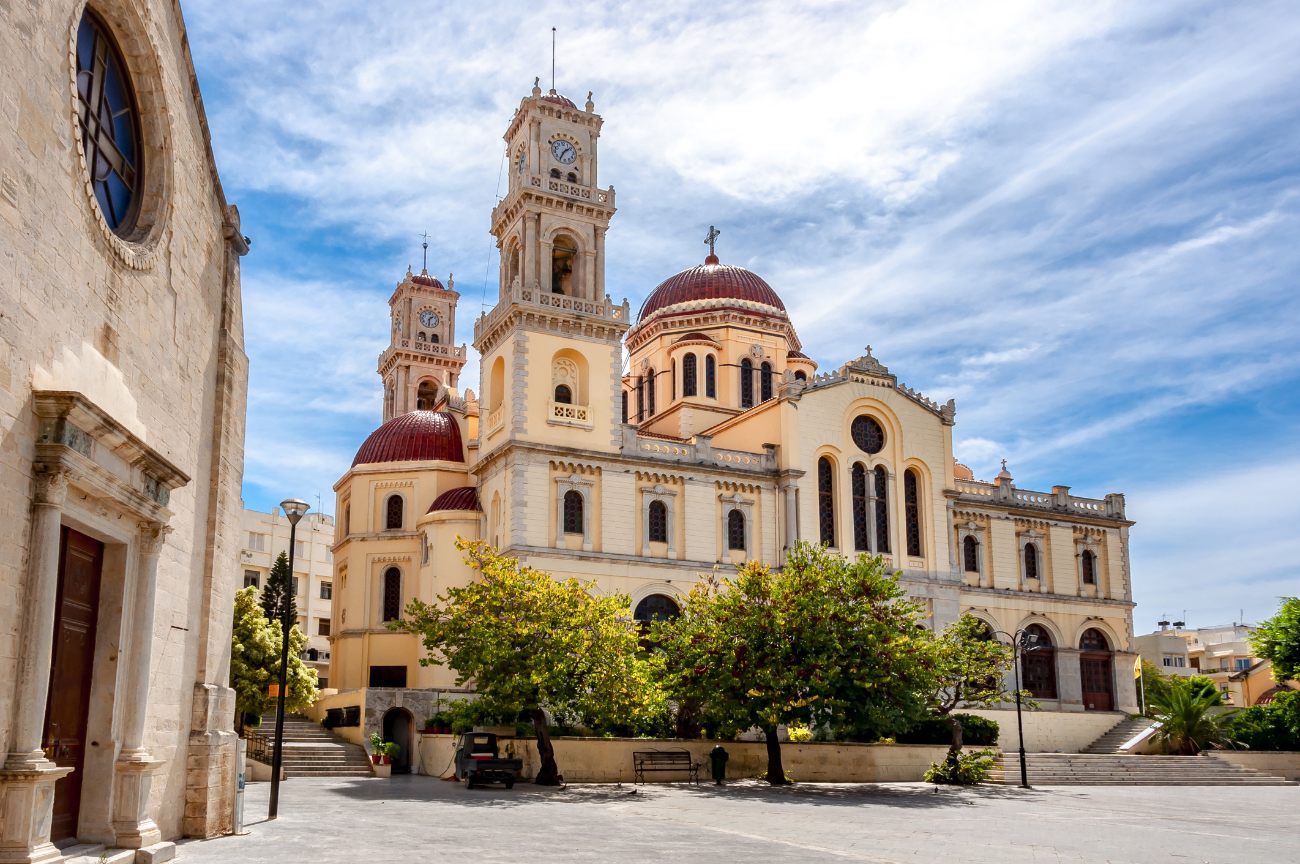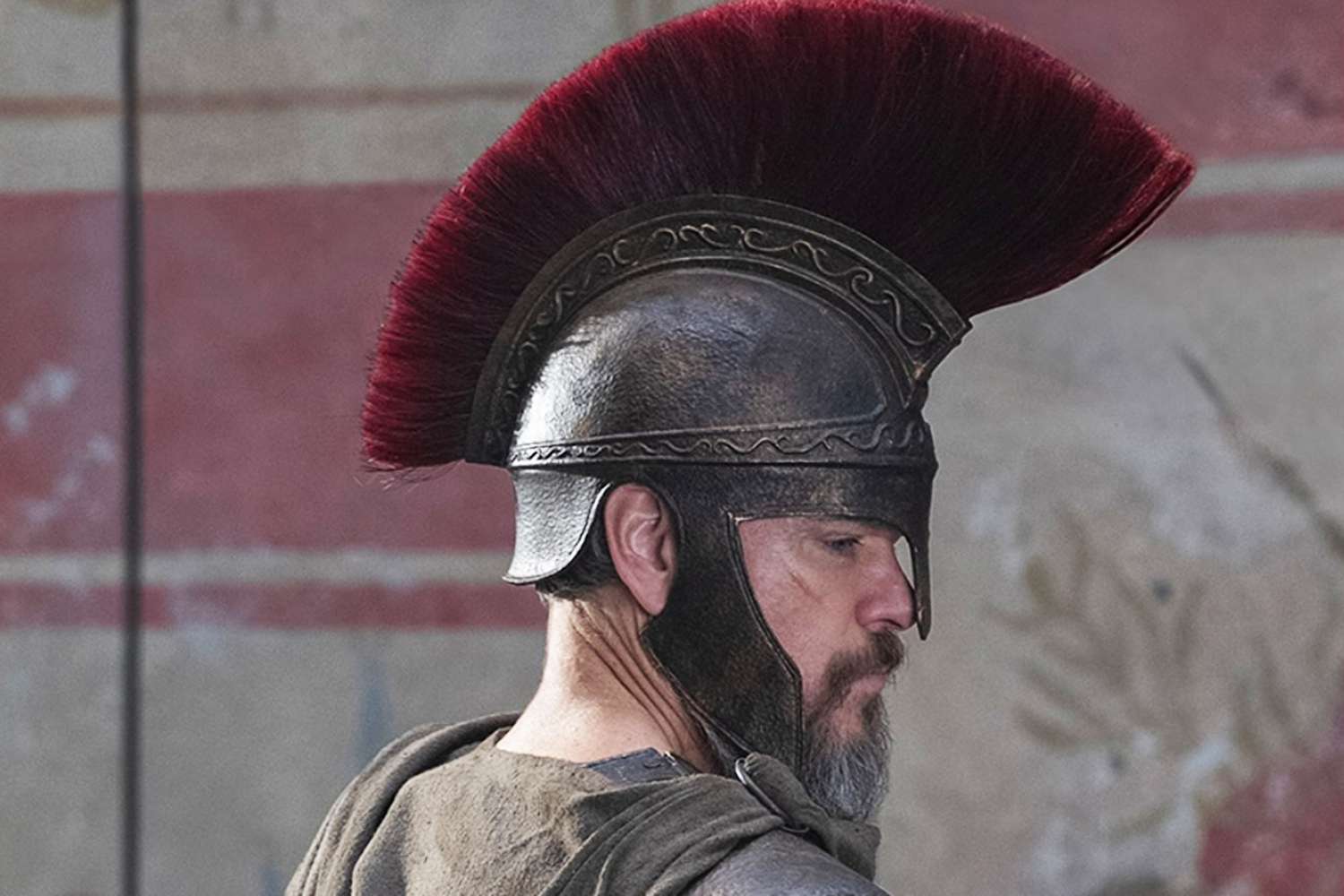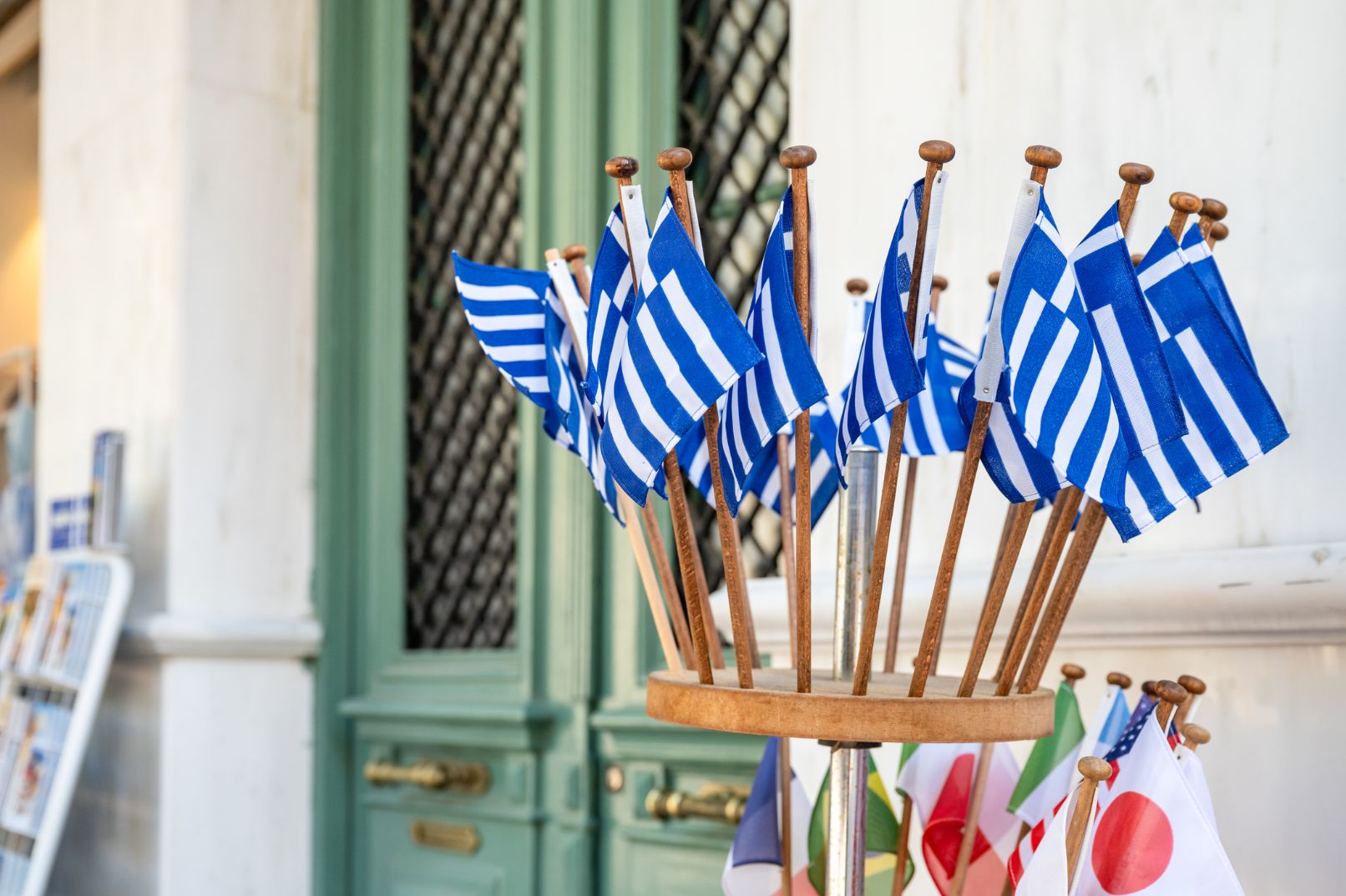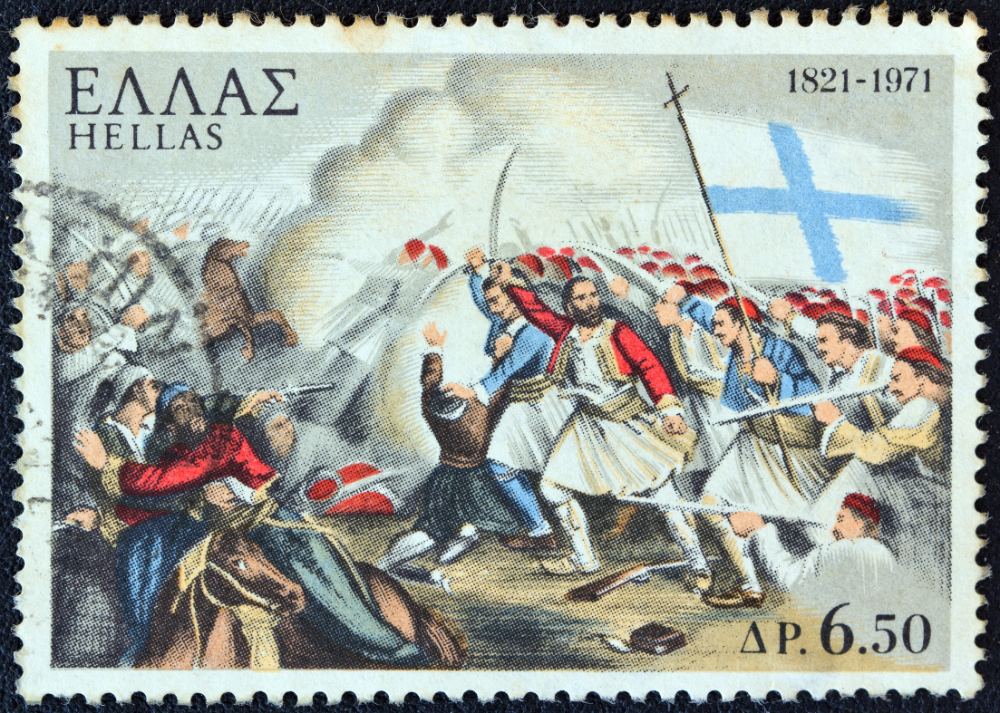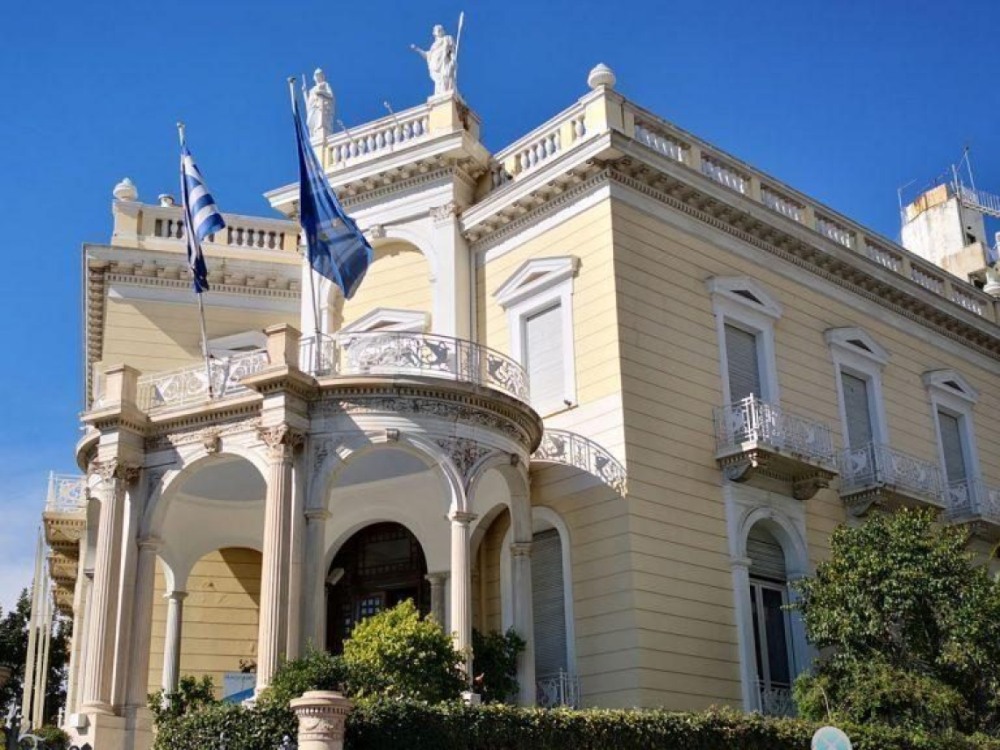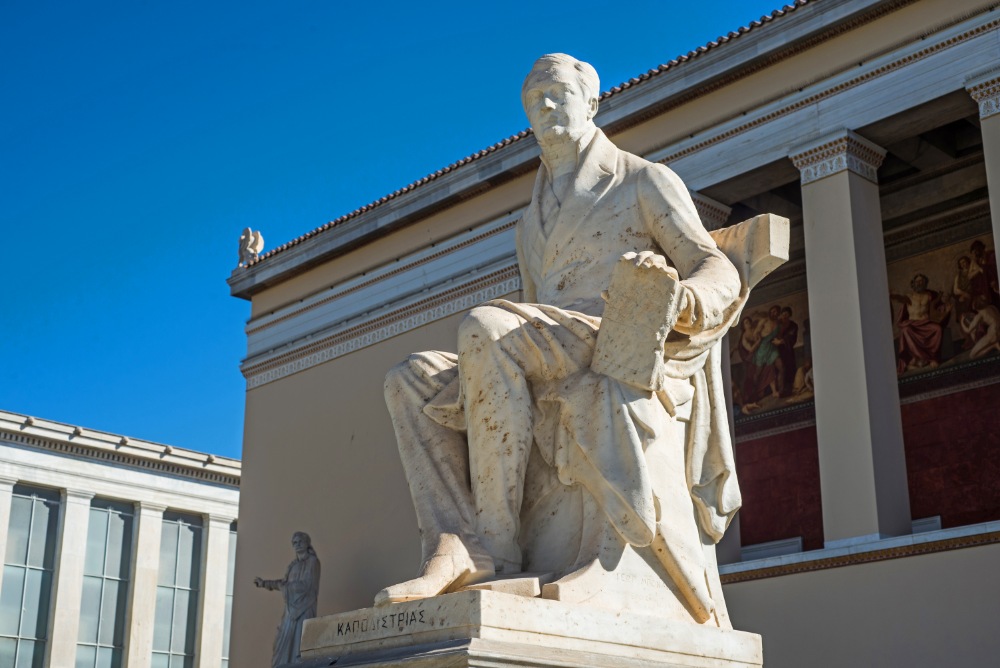A Nation in Mourning
In the heart of Athens in 1913, amidst the turbulence of the Balkan Wars, King George I of Greece, a beloved monarch, took his customary evening stroll, greeted warmly by loyal subjects who admired his commitment to the nation. Unbeknownst to them, a dark fate awaited their king. Among the crowd lurked Alexandros Schinas, a disillusioned nationalist angered by the monarch’s perceived failures in leadership and the unfulfilled aspirations of his people.
With a flash of iron, Schinas emerged from the shadows, his heart racing with conviction as he raised a revolver in defiance of the king’s policies. The sharp crack of the gun shattered the evening air, echoing through the streets as chaos erupted around him. King George, struck in the chest, staggered back, his regal composure faltering as he looked into the eyes of his assailant. In that fleeting moment, he found not rage but profound sadness for a nation still struggling for identity and unity. As he collapsed, a palpable sense of loss swept through the gathered crowd, transforming their adoration into horror.
The tragic end of a ruler devoted to the unification of Greece left a profound void in the hearts of his people. King George’s assassination marked a watershed moment in Greek history, a poignant reminder of the complexities of leadership during times of strife, forever etched in the annals of a nation seeking its rightful place in the world.


